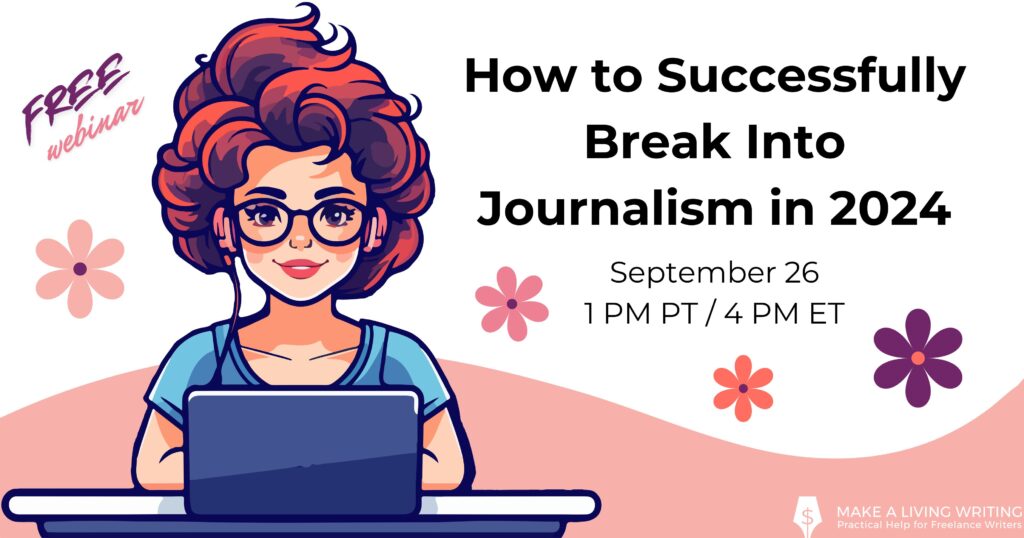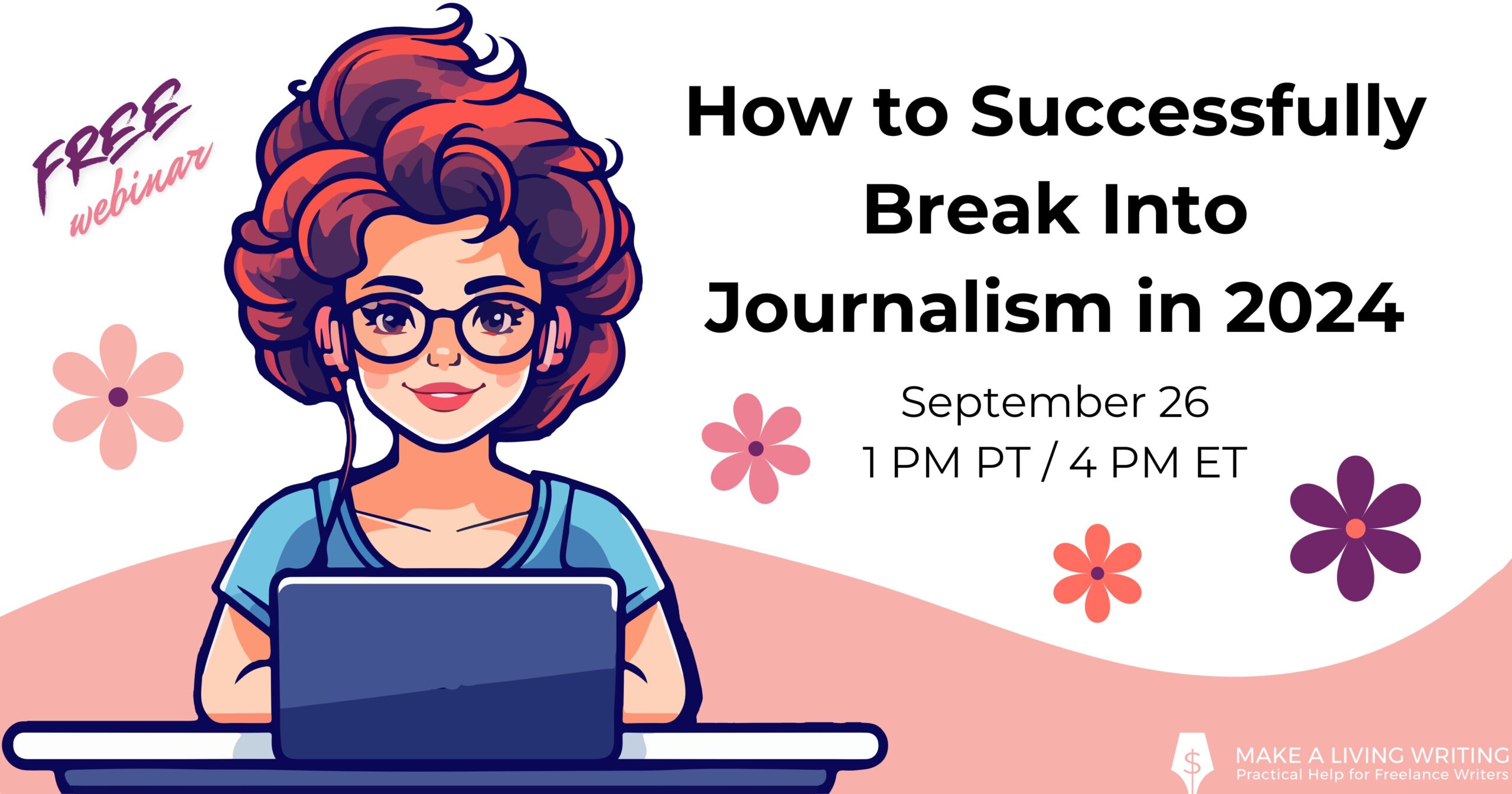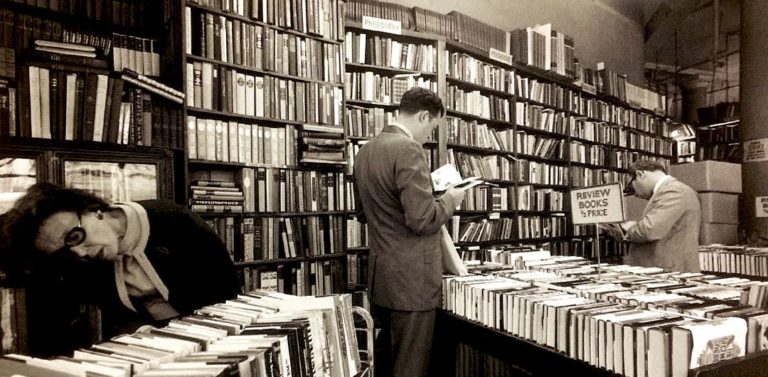If you’re a writer who has considered working with an agency then you’ll be interested in this first-person case study. Working with agencies isn’t for everyone but for some it can be the financial and career breakthrough you’re looking for as a freelancer.
Table of Contents
Why working with an agency can help your freelance careerHow to get started working with an agencyStart localSend a Letter of IntroductionStay connectedJoin organizationsStart a blog
It was May 2014, and I was panicking.
I was laid off from my job at a New York media startup three months before, and was squirreling away whatever severance money I had left.
To complicate things, I moved to Orlando after getting married, abandoning the biggest media market in the country for a city where media jobs were scant.
So, I did what any job seeker would do and scoured the job boards.
I came across the Orlando Public Relations Society’s job board and saw a contract position working for a local marketing agency on a hospital’s website redesign.
That three-month project launched my freelance career and became part of a strategy I’ve used the last three years to continually increase my income while growing a sustainable freelance content-marketing business.

Why working with an agency can help your freelance career
Most freelancers shy away from working with agencies for two reasons: the positions are usually in-house and the pay can be lower than working directly with a client.
Those are valid concerns, but with the rise of content marketing there are more opportunities for remote work than ever.
My first agency project, which involved creating content for a large hospital’s website, required four in-person meetings over three months. I did most of my work from home.
That first position led to more projects with the agency, producing ghostwritten blog posts, press releases and content for email campaigns. Eventually the agency put me on retainer—and I still work for that team today.
Freelancing is a hustle.
Getting clients—and keeping them—is key to building a business. But this is often the most difficult part for freelancers. Marketing takes time, but agencies cut down the lead time for freelancers to get new clients because they’ve already done the hard work of building the relationship. They also manage the whole process, so you don’t have to worry about all the administrative work and meetings that are part of a direct client engagement.
Over the years, all my agency work has been remote. I’ve worked with an agency in California that hires freelancers to produce longform B2B content, a New York-based content marketing agency that works with Fortune 500 companies and a Boston content marketing agency that does the same thing.
I’ve also worked with the in-house content studios of a few New York media companies, another type of agency that’s emerged as the content marketing industry has grown. Many of these clients pay $1 a word. Some pay less, but all have given me a steady stream of work, which mostly has helped me avoid the financial ups and downs that are typical with freelancing.
How to get started working with an agency
The best thing about working with an agency is that if you’re good, the work keeps coming. But how do you get work in the first place? Follow these tips.
Start local
Reach out to local marketing and PR agencies. Marketers are skilled strategists—not skilled writers, so many agencies need people with journalism skills to write for their clients. Consider purchasing a Book of Lists from your local business journal, a comprehensive directory of the top local companies that also has contact info for their key executives. Or, scour online sources to find information for agencies in your area.
Send a Letter of Introduction
After you’ve identified companies, send the marketing manager or director a letter of introduction (LOI) highlighting your writing experience and subject expertise. Make the letter concise and tailor it to their business. You may get work right away or it may take months. Either way, an LOI can put you on a marketing manager’s radar and establish an initial relationship.
Stay connected
If you live in a smaller town, social media is the best way to expand your reach. Stay active on LinkedIn and Twitter (X), because this is where potential clients live. Engage in conversation, like their posts and share interesting content. Last year, I landed work after staying in touch with a former colleague on LinkedIn who now worked for an in-house content studio. She wouldn’t have known I was now freelancing had I not updated my profile.

Join organizations
Join the local chapter of a marketing or public relations organization. Attend chapter events or volunteer. Doing this will let you connect with people in the industry you’d likely never meet. If you’re an experienced freelancer, join the American Society of Journalists and Authors (ASJA). ASJA is starting to embrace content marketing and holds virtual events and a big conference every year where you can connect with clients.
Start a blog
Start a blog focused on a topic you’re passionate about. I attended a webinar with Skyword, a content marketing agency that works with big clients, and their community manager said they often look at a writer’s blog when selecting freelancers for campaigns. A blog can show potential clients your writing style and knowledge about a topic—and it doesn’t cost you a cent to launch one with a platform like Medium.
Working for agencies has helped me create a sustainable freelance business.
I love doing content marketing, but there’s no way I would have written for brands like Hewlett-Packard or Marriott without an agency.
Freelancing can be feast or famine, but agencies can help you navigate these extremes so you never starve for work.

If you’re wondering what opportunities exist for freelance writers in 2024 (hint: there are plenty!) then make sure to register for the free webinar coming up on September 26, 2024 called How to Successfully Break Into Journalism in 2024! You’ll learn about the different types of journalism and what you may best be suited for, and the top skills successful journalists need and what it can lead to.
This is an updated version of a story that was previously published. We update our posts as often as possible to ensure they’re useful for our readers.












 Bengali (Bangladesh) ·
Bengali (Bangladesh) ·  English (United States) ·
English (United States) ·